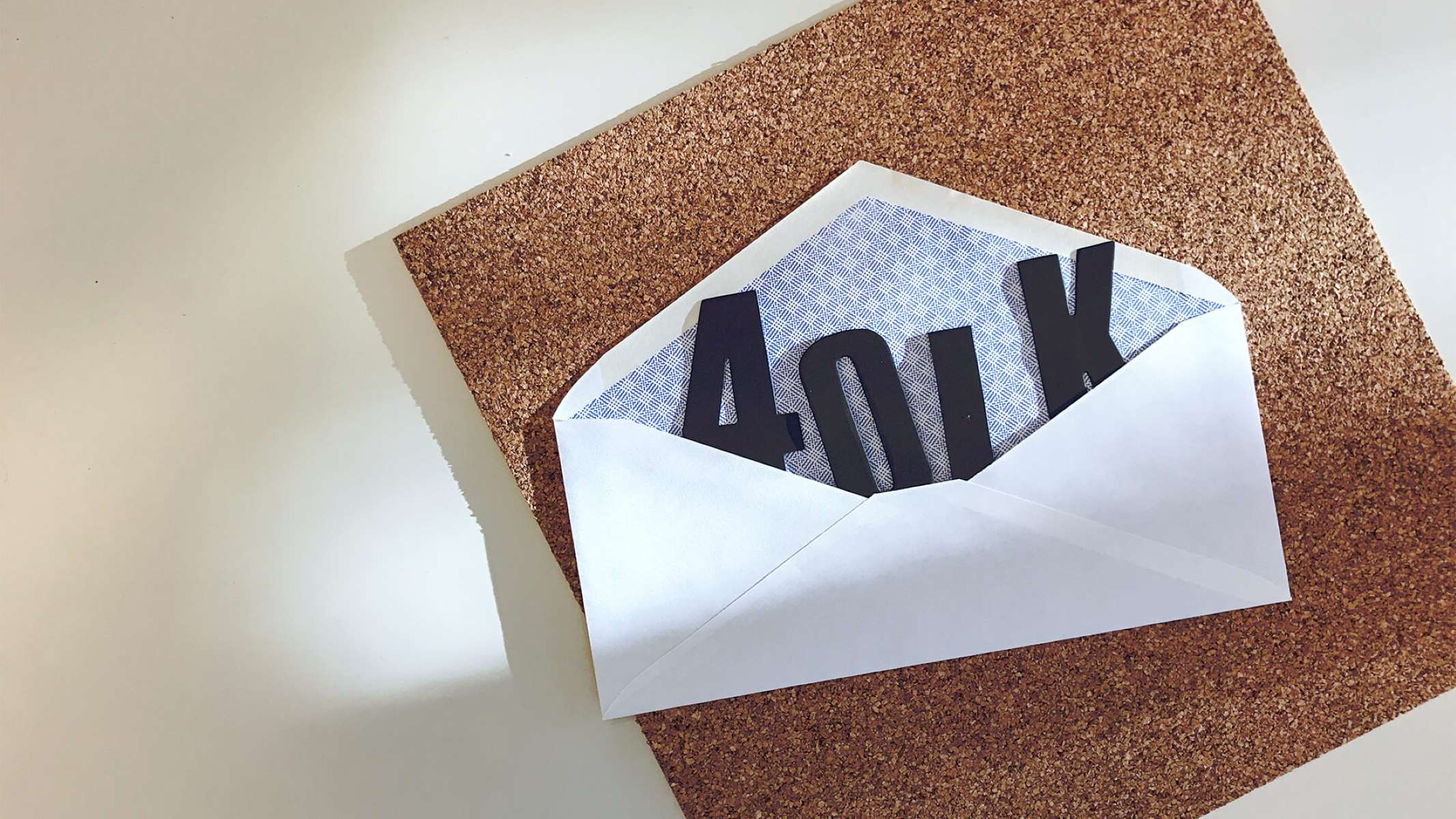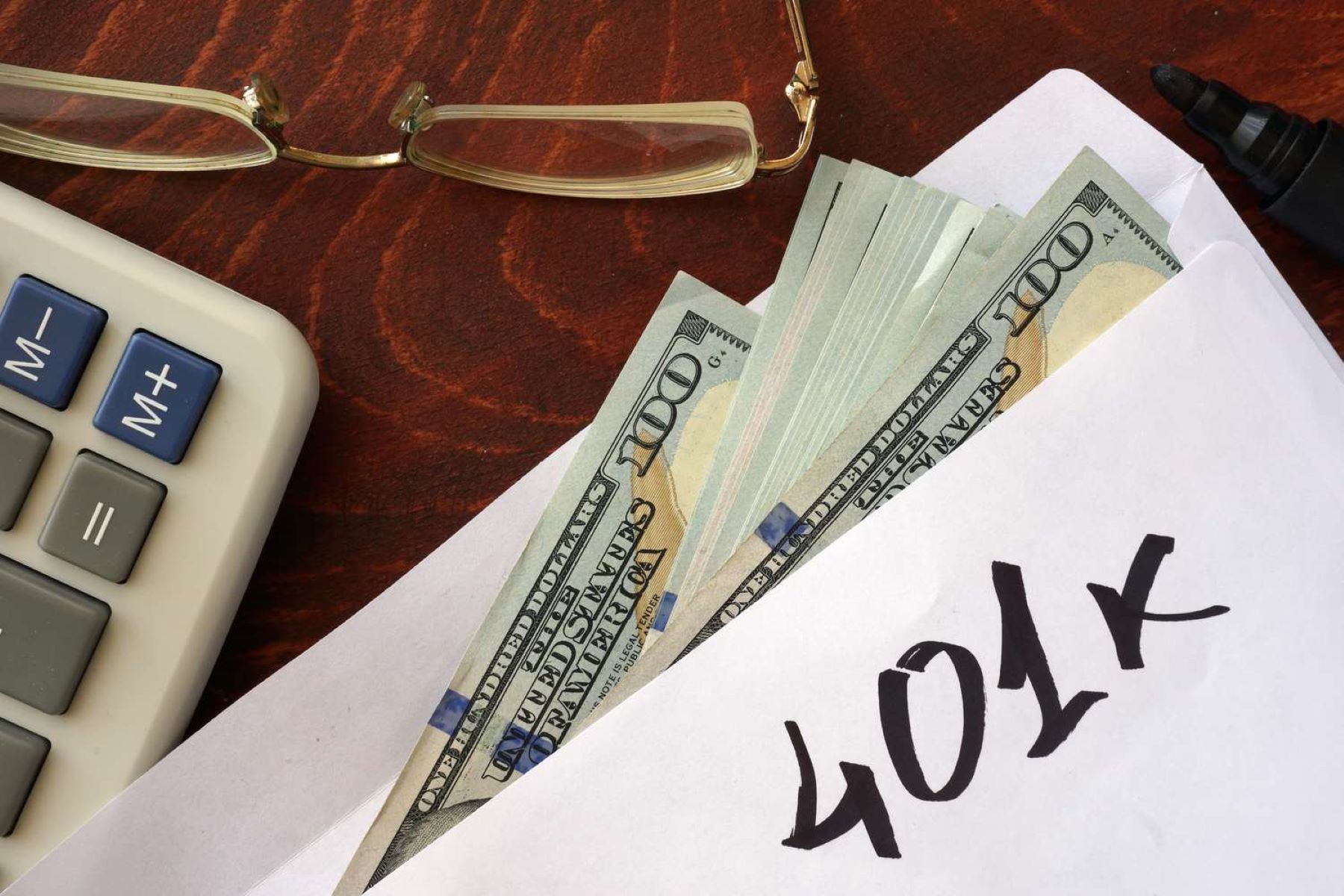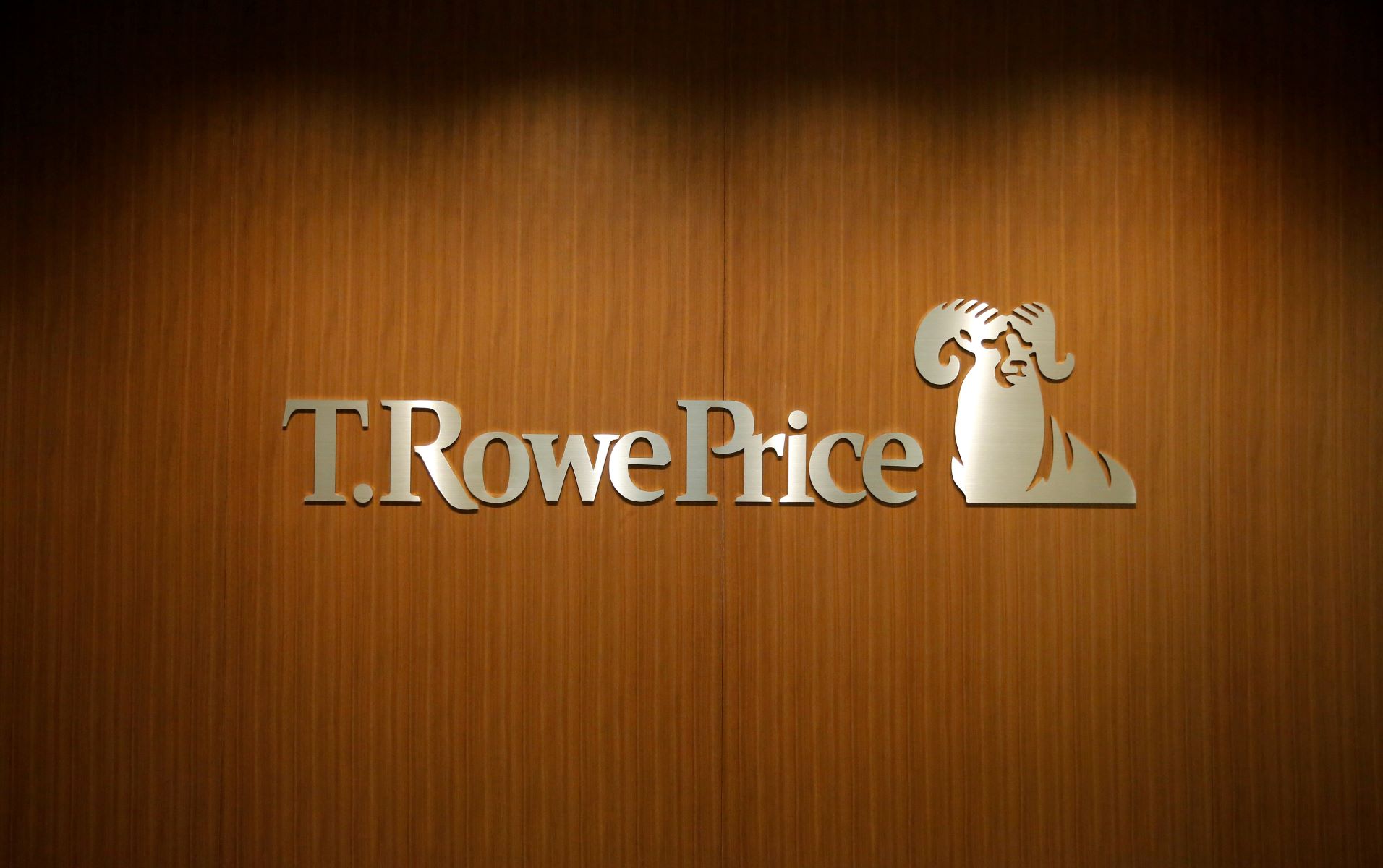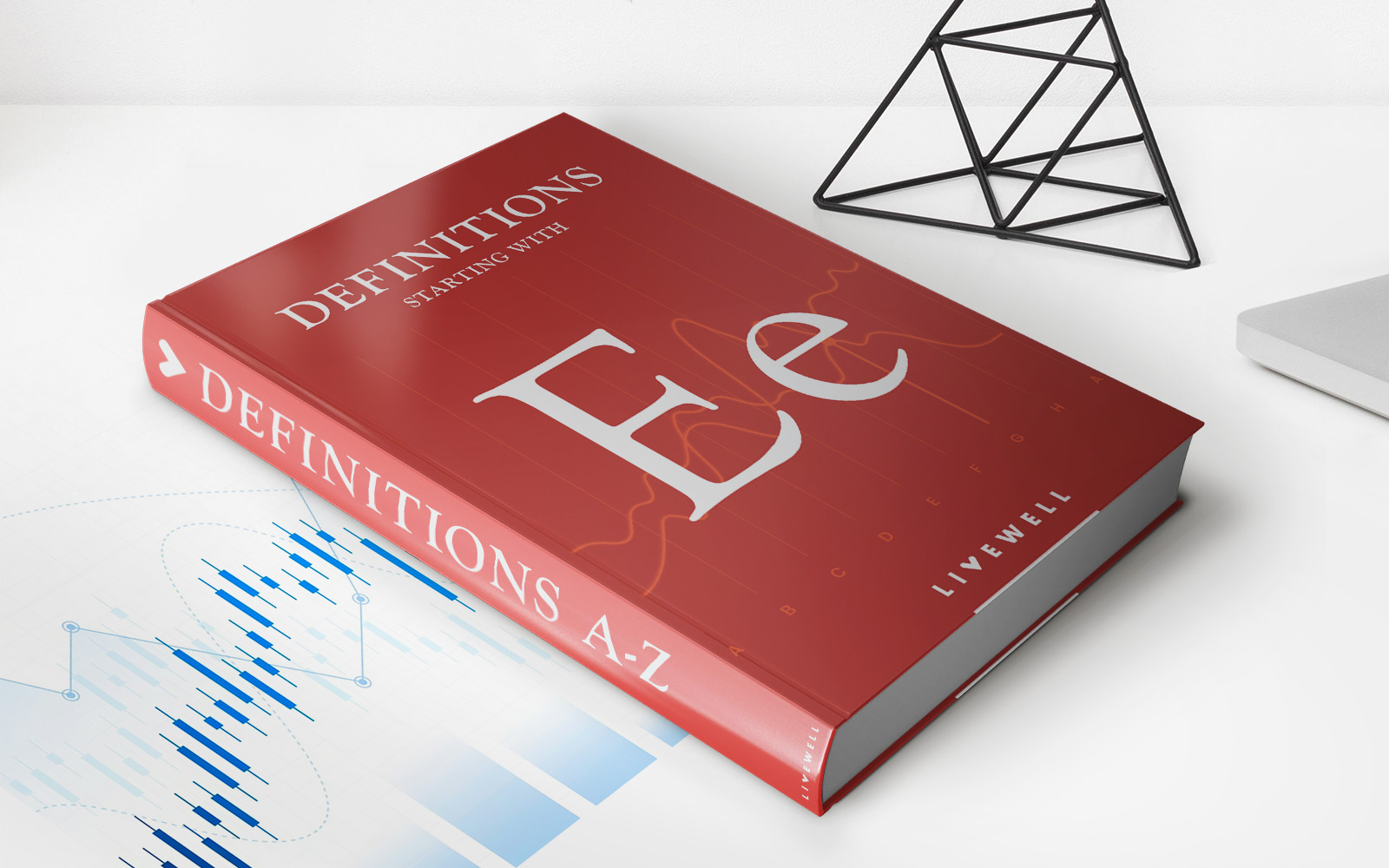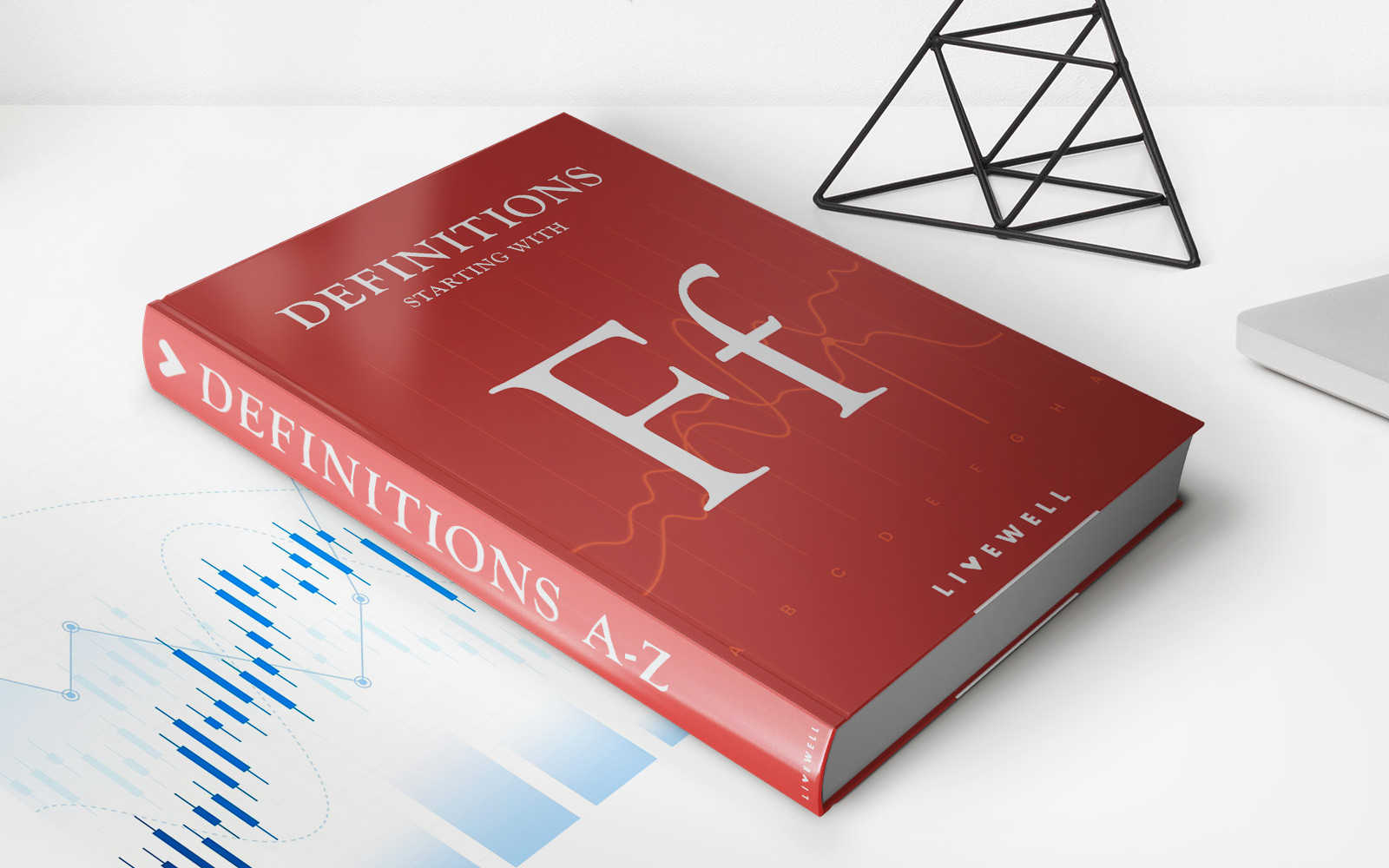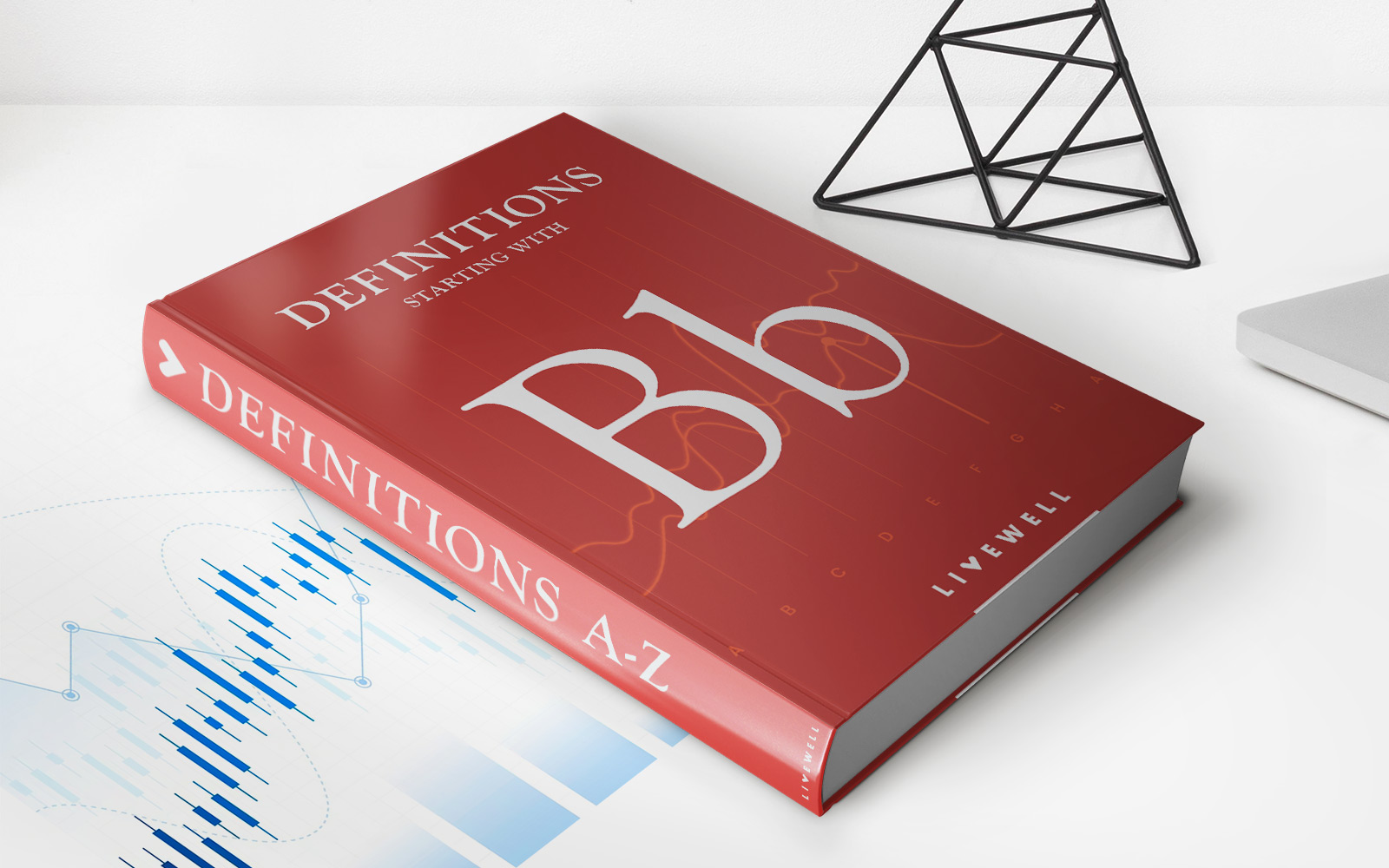

Finance
How To Cash Out 401K Principal
Modified: February 21, 2024
Learn how to cash out 401K principal and maximize your finances with expert guidance on personal finance. Start managing your money for a brighter future!
(Many of the links in this article redirect to a specific reviewed product. Your purchase of these products through affiliate links helps to generate commission for LiveWell, at no extra cost. Learn more)
Table of Contents
Introduction
401K retirement plans are an essential tool for individuals to save for their future financial security. These plans allow employees to contribute a portion of their salary on a pre-tax basis, providing them with tax advantages and potential growth over time. However, there may be situations where an individual needs to cash out their 401K principal before reaching retirement age. In this article, we will explore the reasons why someone might consider cashing out their 401K principal, the potential consequences of doing so, as well as alternative options to explore.
Cashing out 401K principal should be approached with caution, as it may have significant long-term implications on an individual’s financial stability during retirement. It is important to fully understand the terms and conditions of your employer-sponsored retirement plan and consult with a financial advisor before making any decisions that may jeopardize your future wealth.
Let’s delve deeper into the concept of 401K principal, the reasons for cashing it out, the potential consequences, and the alternatives you may want to consider.
Understanding 401K Principal
Before discussing the reasons for cashing out 401K principal, it’s essential to understand what exactly this term refers to. The principal of a 401K account represents the amount of money that an individual has contributed or rolled over into their retirement plan. It does not include any earnings or returns on investments.
When you contribute a portion of your salary to a 401K plan, that money is deducted from your paycheck before taxes are applied. This pre-tax contribution helps to reduce your taxable income, allowing you to save more for retirement. Over time, the contributions and any investment returns accumulate, forming the principal amount in your 401K account.
The 401K principal is a vital component of your retirement savings. It serves as the foundation for future growth and acts as a safeguard for your financial security during your retirement years. It is important to track and monitor the growth of your principal as it directly impacts the funds available to you when you retire.
Understanding your 401K principal also involves familiarizing yourself with the vesting schedule of your retirement plan. Vesting refers to the ownership rights of the contributions made to your 401K account. Depending on your employer’s policy, you may be fully vested, which means you have complete ownership of both your contributions and any employer matching contributions, or partially vested, where you may only own a portion of the employer’s contributions based on a gradual vesting schedule.
By understanding the concept of 401K principal, you can make informed decisions about your retirement savings and fully appreciate the value of your contributions. Now that we have a clear understanding of what 401K principal entails, let’s explore why someone may consider cashing out their principal.
Reasons for Cashing Out 401K Principal
Cashing out 401K principal should generally be a last resort due to the potential long-term financial consequences. However, there are certain situations where individuals may consider this option. Below are some common reasons for cashing out 401K principal:
- Financial Hardship: In times of unexpected financial difficulties, such as medical emergencies, job loss, or overwhelming debt, individuals may find it necessary to tap into their retirement savings to cover immediate expenses.
- Education Expenses: Some individuals opt to cash out their 401K principal to fund their education or that of their children. While education is undoubtedly important, it’s crucial to explore other funding options, such as student loans or scholarships, before resorting to 401K withdrawals.
- Starting a Business: Entrepreneurs often consider cashing out their 401K principal to finance the launch or expansion of their business. While this can provide a source of capital, it’s essential to carefully evaluate the risks and potential returns before making such a decision.
- Debt Consolidation: High-interest debt can be a burden on one’s financial well-being. Some individuals may choose to cash out their 401K principal to pay off debts and achieve a fresh start. However, it’s important to consult with a financial advisor to fully understand the impact on retirement savings and explore other debt management strategies.
- Home Purchase: First-time homebuyers may consider utilizing their 401K principal to provide a down payment on a house. While this can be a viable option, it’s important to be aware of the potential tax implications and evaluate whether it’s the best course of action.
While these reasons may seem valid in certain circumstances, it’s crucial to carefully weigh the potential consequences and fully explore alternative options before cashing out 401K principal. In the next section, we will delve into the potential drawbacks and consequences of taking such a step.
Potential Consequences of Cashing Out 401K Principal
Cashing out 401K principal can have significant long-term consequences on your retirement savings. It’s important to understand the potential drawbacks before deciding to withdraw funds from your account. Here are some potential consequences to consider:
- Tax Penalties: Cashing out 401K principal before the age of 59 ½ may result in early withdrawal penalties. Typically, you may face a 10% penalty on the amount withdrawn in addition to income taxes.
- Loss of Tax Advantages: By cashing out 401K principal, you lose the tax advantages offered by these retirement accounts. Contributions to a 401K are typically made on a pre-tax basis, reducing your taxable income and allowing for tax-deferred growth. Cashing out removes these benefits.
- Diminished Retirement Savings: Withdrawing your 401K principal means reducing the amount available for future growth and income during retirement. This can lead to a lower overall retirement nest egg and potentially impact your financial security in your golden years.
- Missed Investment Opportunities: Leaving your 401K funds invested allows them to grow over time through compound interest and potential market gains. Cashing out 401K principal means missing out on these investment opportunities and the potential for substantial long-term growth.
- Difficulty in Rebuilding Savings: Rebuilding your retirement savings after cashing out 401K principal can be challenging. It may require more significant contributions in the future to make up for the lost funds and potential growth.
- Retirement Readiness: Cashing out 401K principal can significantly impact your readiness for retirement. It’s important to consider alternative options and explore other sources of funds to meet your immediate financial needs while preserving your long-term retirement savings.
Considering these potential consequences, it is crucial to evaluate your financial situation carefully and explore alternatives before resorting to cashing out 401K principal. In the next section, we will discuss alternative options that allow you to access funds without depleting your retirement savings.
Alternatives to Cashing Out 401K Principal
Before resorting to cashing out your 401K principal, it’s essential to explore alternative options that can help meet your immediate financial needs without jeopardizing your long-term retirement savings. Here are some alternatives to consider:
- 401K Loan: If your employer offers this option, you may be able to borrow funds from your 401K account. This allows you to access the funds you need while ensuring that they are repaid with interest back into your retirement account. However, it’s important to understand the terms and repayment schedule, as failure to repay the loan may result in penalties and taxes.
- Emergency Fund: Having an emergency fund in place can provide a safety net during unforeseen circumstances, such as medical emergencies or job loss. By diligently saving a portion of your income in a separate savings account, you can have readily available funds without touching your retirement savings.
- Personal Savings: If you have personal savings outside of your retirement accounts, consider utilizing these funds to cover immediate expenses. While it is never ideal to deplete your savings, it can be a more favorable option compared to cashing out your 401K principal.
- Career Advancement: Explore opportunities for career advancement or additional sources of income to improve your financial situation. This can involve seeking a higher-paying job, freelancing, or starting a side business. Increasing your income can alleviate the need to cash out your retirement savings.
- Debt Management: If overwhelming debt is the primary reason driving you to cash out your 401K principal, consider working with a financial advisor to create a debt management plan. This can involve debt consolidation, negotiating lower interest rates, or seeking credit counseling to regain control of your finances without tapping into your retirement savings.
By considering these alternatives, you can address your immediate financial needs while preserving your 401K principal for its intended purpose: providing financial security during retirement. However, it’s crucial to evaluate these options based on your specific circumstances and consult with a financial advisor to determine the most suitable path forward.
In the next section, we will outline the steps involved in cashing out 401K principal if it truly becomes the only viable option for you.
Steps to Cash Out 401K Principal
If you have carefully considered the potential consequences and explored alternative options but still find it necessary to cash out your 401K principal, here are the steps involved in the process:
- Review Your Plan’s Terms: Familiarize yourself with the terms and conditions of your specific retirement plan. Understand any penalties, taxes, or restrictions associated with early withdrawals.
- Contact Your Plan Administrator: Reach out to your plan administrator to initiate the withdrawal process. They will provide you with the necessary forms and guide you through the required steps.
- Complete Withdrawal Forms: Fill out the required forms accurately and provide any supporting documentation as requested by your plan administrator. Double-check all information to ensure its accuracy.
- Choose Distribution Option: Decide how you want to receive the funds from your 401K account. You may have the option to receive a lump-sum payment or set up a payment plan.
- Consider Taxes and Penalties: Understand the potential tax implications and penalties associated with cashing out your 401K principal. Keep in mind that early withdrawals may be subject to income tax as well as a 10% penalty if you are under the age of 59 ½.
- Confirm Receipt of Funds: Once the withdrawal is processed, confirm that the funds have been deposited into the designated account or received as requested.
- Update Financial Records: Make a note of the withdrawal in your financial records for future reference. Keep records of the transaction, including any tax documentation, for your records.
Remember, cashing out 401K principal should be approached with caution and as a last resort. It’s important to consider the long-term implications on your retirement savings and explore alternative options whenever possible. If you’re unsure about the process or the potential consequences, consult with a financial advisor who can provide personalized guidance based on your specific financial situation.
Up next, we will discuss the tax implications associated with cashing out 401K principal.
Tax Implications of Cashing Out 401K Principal
One important aspect to consider when cashing out 401K principal is the potential tax implications that may arise. Here are some key points to keep in mind:
Income Tax: Any amount withdrawn from your 401K account is generally treated as ordinary income for tax purposes. This means that the withdrawn amount will be subject to federal and state income taxes at your marginal tax rate. It’s important to be prepared for the potential tax liability that may arise from cashing out your 401K principal.
Early Withdrawal Penalty: In addition to income taxes, if you are under the age of 59 ½, you may face an additional 10% early withdrawal penalty on the amount cashed out. This penalty is imposed by the IRS to discourage individuals from accessing retirement funds before reaching retirement age.
Form 1099-R: When you cash out 401K principal, your plan administrator will provide you with a Form 1099-R, which reports the distribution from your account. This form is essential for accurately filing your taxes, so make sure to carefully review it and include the information when filing your tax return.
Consideration for State Taxes: While federal taxes apply to 401K distributions, it’s important to also consider any state income taxes that may apply. Each state has different tax laws, so consult with a tax professional or research the specific regulations in your state to understand any state-level tax implications.
Tax Strategies: Depending on your financial situation, there may be certain tax strategies you can employ to mitigate the tax impact of cashing out 401K principal. For instance, you could use the withdrawn funds to offset capital losses or other deductible expenses. Consulting with a tax professional can provide valuable insights to optimize your tax situation.
Before proceeding with cashing out your 401K principal, it is important to carefully evaluate the potential tax implications and how they may impact your overall financial picture. Taking the time to understand the tax rules and seeking advice from a tax professional can help you make informed decisions and minimize any negative tax consequences.
Now that we have covered the tax implications, let’s proceed to the concluding section.
Conclusion
Cashing out 401K principal should always be considered as a last resort due to the potential long-term consequences it can have on your retirement savings. It is important to carefully evaluate your financial situation, explore alternative options, and consult with a financial advisor before making any decisions that may impact your future financial well-being.
While there may be valid reasons for cashing out 401K principal, such as financial hardships, education expenses, or starting a business, it is crucial to fully understand the potential drawbacks. These include tax penalties, loss of tax advantages, diminished retirement savings, missed investment opportunities, difficulty in rebuilding savings, and potential impact on retirement readiness.
Before cashing out, consider alternative options such as taking a 401K loan, building an emergency fund, using personal savings, seeking career advancements or additional sources of income, or implementing debt management strategies. These alternatives can help address your immediate financial needs without compromising your long-term retirement savings.
If cashing out your 401K principal becomes necessary, be sure to follow the required steps outlined by your plan administrator. Keep in mind the potential tax implications, including income tax and early withdrawal penalties. Consult with a tax professional to maximize tax strategies and minimize any negative tax consequences.
Remember, your 401K is designed to provide financial security during your retirement years. Therefore, preserving and protecting your retirement savings should be a priority. Make informed decisions, seek professional guidance when needed, and prioritize long-term financial stability.
Financial decisions can have long-lasting effects, so take the time to educate yourself and consider all available options. By doing so, you can make the best choice for your financial well-being both now and in the future.





